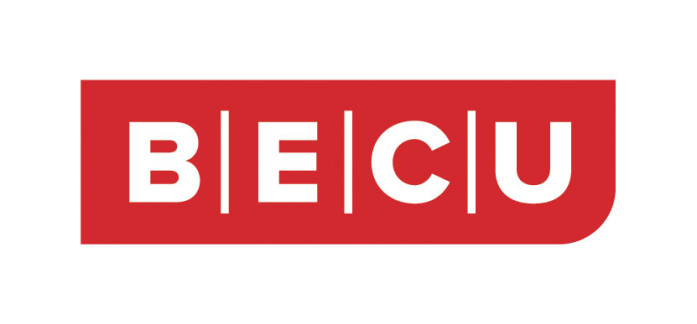TUKWILA, WA / ACCESSWIRE / September 12, 2024 / The average cost of college has doubled in the last 20 years, leading more people to consider alternative postsecondary paths. Skilled trades - jobs that require mastery of a skill set, such as agriculture, construction, transportation and manufacturing - have been an increasingly popular choice for Gen Z and young workers.

As this becomes more common, the "toolbelt generation" entering the workforce should keep certain tips top of mind when it comes to managing money.
1. Plan Ahead for Hourly Pay
Many trade jobs pay hourly. Hourly compensation differs from salary payments, which guarantees a specific amount of money each payday regardless of hours worked. Most hourly workers are also eligible for a higher rate of overtime pay. Try saving a certain amount each paycheck to provide for periods with fewer or inconsistent hours worked.
Evaluate the total compensation package offered by employers, including healthcare and retirement benefits when considering job opportunities.
2. Take Advantage of Financial Tools
Open a credit union account online to manage money. Look for free checking and savings accounts to build a financial foundation without hidden costs.
As paychecks come in, build an emergency savings fund to help cover sudden expenses like household or medical costs. A good goal is to save enough to cover three to six months of essential expenses to account for any gaps in pay.
3. Understand Healthcare Options
Trade jobs can be physically demanding and younger workers statistically experience higher injury rates, so healthcare is not something to overlook.
If coverage is not offered by an employer, understand the options and consider the costs when building a monthly budget. Skilled tradespeople may also qualify for healthcare through a spouse or partner.
Other tools such as a Health Savings Account (HSA), which puts aside pre-tax money for medical expenses, can be a cost-conscious option for trade workers.
Take The Next Step
Like many major life decisions, a career in skilled trades may come with unforeseen challenges or unexpected opportunities. Putting these tips into practice can help tradespeople navigate a new system with solid footing, guiding workers toward a strong and stable financial future.
About BECU
BECU is federally insured by NCUA and an Equal Housing Opportunity Lender (Boeing Employees' Credit Union NMLS ID 490518). With nearly 1.5 million members and $29.9 billion in assets, BECU is the largest not-for-profit credit union in Washington and one of the top four financial cooperatives in the country. As a member-owned credit union, BECU is focused on helping increase the financial well-being of its members and communities through great rates, few fees, community partnerships and financial education. The credit union currently operates more than 60 financial centers, including two in South Carolina.
Contact Information
Tony Drovetto
Sr. Manager Digital Community
tony.drovetto@becu.org
425-830-7247
SOURCE: BECU
View the original press release on newswire.com.













